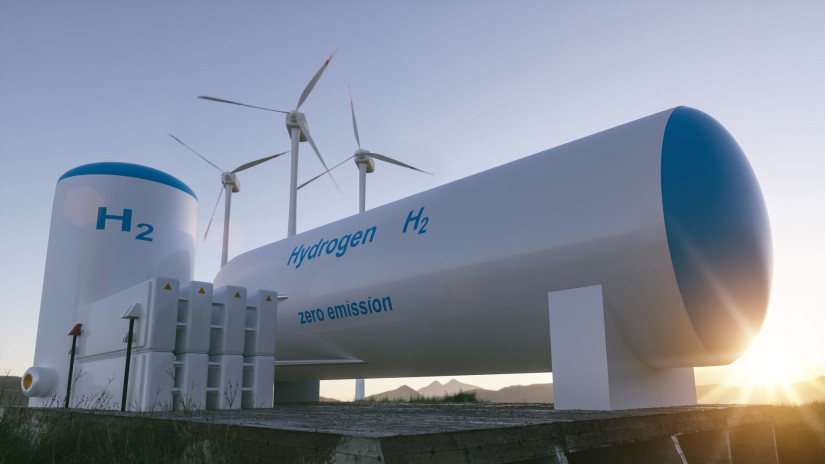There are promising signs that the world is on the verge of reducing its reliance on fossil fuel-based generation, despite a continual rise in overall electricity demand.
The report, authored by climate research organization Ember, highlights that clean energy sources have significantly curbed the growth of fossil fuel usage over the past decade, reducing it by nearly two-thirds. Since 2000, renewables have steadily increased their share of the global electricity mix, reaching over 30% last year.
Ember's director of global insights, Dave Jones, heralded this shift, declaring that "the renewables future has arrived," with solar energy exhibiting particularly rapid growth.
In 2023, solar energy emerged as the primary driver of electricity expansion, outpacing coal by more than double in new electricity generation. This marks the 19th consecutive year of solar's remarkable growth and its second consecutive year as the largest contributor to new electricity capacity, surpassing wind power.
Drawing on data from 80 countries, representing 92% of global electricity demand, and historical records from 215 countries, the comprehensive review underscores the substantial rise of clean electricity. Projections suggest that this surge will lead to a 2% decline in global fossil fuel generation in the coming year.
Jones emphasized the inevitability of declining emissions from the power sector, with 2023 likely marking the peak of emissions—a pivotal moment in the energy landscape. However, the pace of emission reductions hinges on the continued momentum of the renewables revolution.
While the electricity sector may see a decrease in fossil fuel usage, these resources still wield significant influence across other sectors such as transportation, heavy industry, and heating.
An additional study by the Energy Institute reaffirms the dominance of fossil fuels, comprising 82% of the world's primary energy sources. Against this backdrop, world leaders have committed to increasing renewables' share to 60% of global electricity by 2030, aiming to triple current renewable capacity within the next six years, with the potential to nearly halve power sector emissions.













